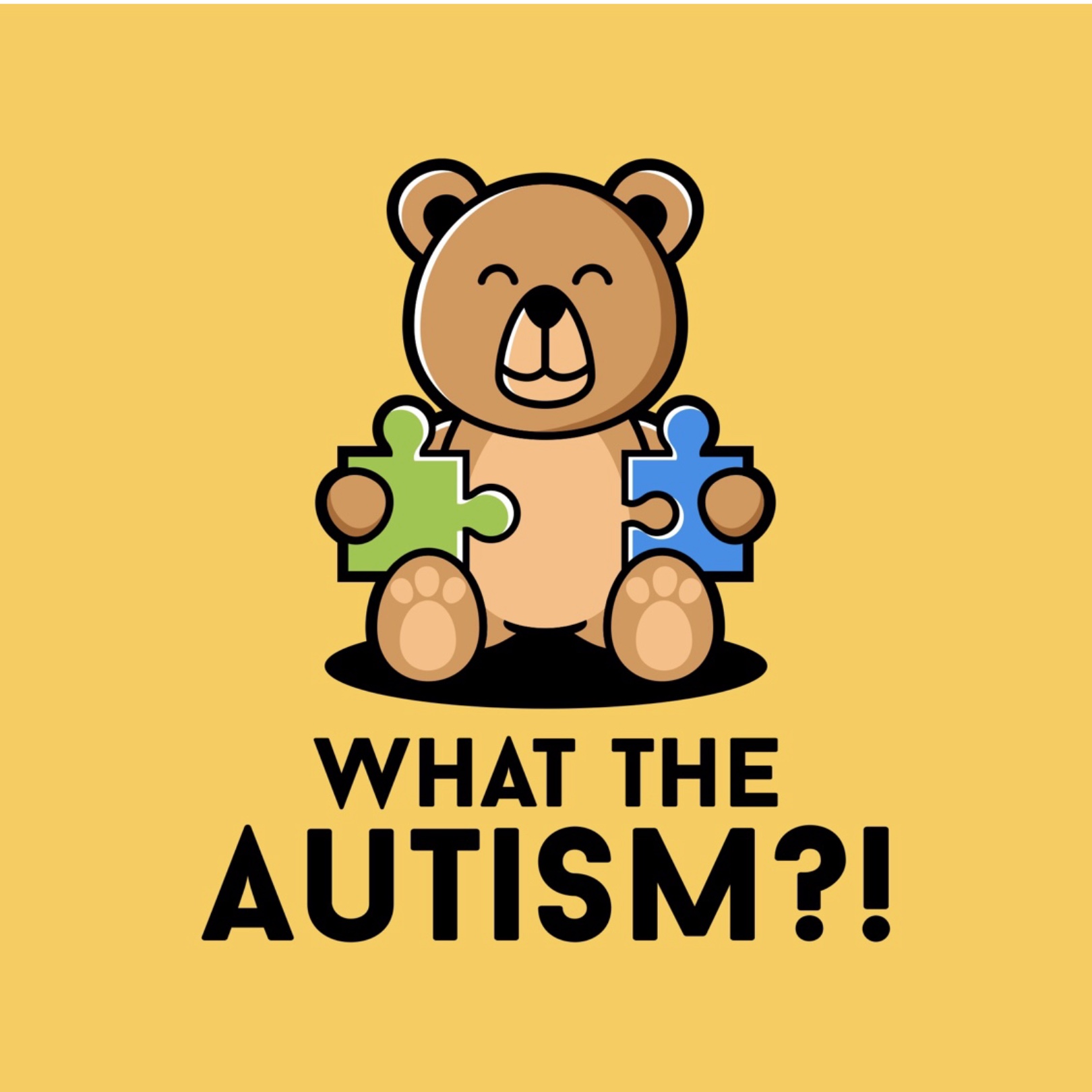ASD Screening & Monitoring
Intro: Welcome back to another episode on “What the AUTISM?!” This podcast is for anyone who is struggling with understanding what autism is and how we can better empower our autism community through research proven methods. In each episode, I will be sharing with you ground-breaking research and how the diagnosis of autism can often be misunderstood. If you are a new listener to our podcast, I highly recommend you start from episode 1 to catch you up to speed on various terminology and concepts! Now let’s get started…
Today, I wanted to talk about developmental milestones and screenings. I’ve received quite a bit of questions about the process of getting their child screened and monitored for developmental delays and the developmental milestones that is expected for their child. For many of our parents, coming home with a newborn child can be extremely overwhelming. The list of things that need to be taken care of is quite extensive and I hope that today’s episode can help breakdown all the information out there into simple steps in the area of developmental milestones. As always, all resources, articles, research studies will be posted on our facebook page @whattheautism, but if you’d like access to any of these resources via email, feel free to email us at whattheautismpodcast@gmail.com.
But let’s talk about developmental milestones. How your child plays, learns, speaks, acts, and moves provides us with important information about your child’s development. Developmental milestones are things most children can do by a certain age, and often times these milestones can direct us to the appropriate support your child might be needing. I’ll be including on our Facebook page the link to the CDC’s list of milestones that are expected as early as 2 months and as late as 5 years. For each age, the CDC posted a simple and easy checklist of skills that should be exhibited by your child. It covers social/emotional skills, language/communication skills, physical development and motor skills, and cognitive skills. If you prefer a much easier way to track your child’s skillset through a checklist, the CDC released an app for all smartphones. The app is called CDC’s Milestone Tracker and is available on your app store for any iOS and Android systems. But like I mentioned I will be posting the link to the CDC website for more information on these developmental milestones, if you have limited access to downloading this app to your smartphone.
Link for list of basic developmental milestones: https://www.cdc.gov/ncbddd/actearly/milestones/index.html
Screening versus monitoring checklist/chart (in English and Spanish) https://www.cdc.gov/ncbddd/actearly/pdf/Dev-Mon-and-Screen-English-and-Spanish-P.pdf
CDC Child Milestone’s App: https://www.cdc.gov/ncbddd/actearly/milestones-app.html
The American Academy of Pediatrics (AAP) recommends developmental and behavioral screening for all children during their visit with their pediatrician or physician at these ages:
- 9 months
- 18 months
- 30 months
In addition, AAP recommends that all children be screened specifically for autism spectrum disorder (ASD) during their visits at:
- 18 months
- 24 months
If your child is at higher risk for developmental problems due to preterm birth, low birthweight, environmental risks like lead exposure, or other factors, your healthcare provider may also discuss additional screening. If a child has an existing long-lasting health problem or a diagnosed condition, the child should have developmental monitoring and screening in all areas of development. If your child’s healthcare provider does not periodically check your child with a developmental screening test, I recommend that you ask that it be done so that you have a clear idea of how your child is developing.
These regular screenings and assessments with your child’s physician are meant purely to ensure that your child is meeting his/her developmental milestone and if they aren’t, they’re doing everything they can to provide you with the resources and services that your child will be needing sooner than later. Remember, the key is early intervention.
Statewide-Tiered System for Screening and Diagnosis of ASD (Indiana): https://pediatrics.aappublications.org/content/146/2/e20193876
But a common hurdle that comes up with these screenings is the lack of consistency in practice across doctors across states and across countries, so I wanted to review with you a research article about a statewide tiered system that the state of Indiana implemented for screening and diagnosing ASD in children. Although autism spectrum disorder (ASD) can be detected when a child is 18-24 months old, the current average age of diagnosis is about 4 to 5 years. Limitations in access to timely ASD diagnostic evaluations delay the start of interventions proven by research to improve developmental outcomes. This article emphasizes how developing and testing streamlined methods for ASD diagnosis is a public health and research priority. The Early Autism Evaluation (EAE) Hub system is a statewide initiative led by the state of Indiana for ASD screening and diagnosis in the primary care setting. The primary goal of this system was to provide developmental screening technical assistance to primary care, community outreach, and training primary care clinicians in ASD evaluation. From the years 2012 to 2018, over 2,000 children were evaluated, and 33% of children received a diagnosis of ASD. The findings from this study suggest that developing a tiered system of developmental screening and early ASD evaluation is feasible even in a geographic region facing health care access problems. Through targeted delivery of education, outreach, and intensive practice-based training, large numbers of young children at risk for ASD can be identified, referred, and evaluated in the local primary care setting. The study suggests that the EAE Hub model has strong potential to be disseminated to other states facing similar hurdles in the neuro-developmental health care system.
But I think studies like this bring up a healthy discussion of whether streamlining methods for ASD diagnosis would be beneficial across the United States and possibly on a global level. Would this assist in better understanding the prevalence rate of ASD on a global level? Would this help in educating parents and communities, across developed and developing countries, about the autism diagnosis? I would love to hear your opinions! As always, I’ll be linking you guys to the research article on our Facebook page, but you are more than welcome to email us for a copy of this article if you do not have access to a Facebook or Instagram account.
Ending: But this concludes another episode here at What the Autism. If you have any specific questions or concerns you’d like me to cover in future episodes, or you’d like to connect with me on today’s topic, please reach out to us through any platform. Our Facebook page and Instagram handle is @whattheautism and our email address is whattheautismpodcast@gmail.com. We upload a new episode on your favorite podcast platform every Wednesday. Please note that this podcast has been created to discuss my personal experiences and opinions and is not a means of medical or psychological recommendations.
But if you enjoyed this podcast, please make sure to follow and subscribe to our podcast channel, and I’ll see you in episode 14.

